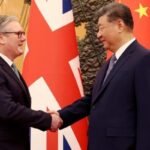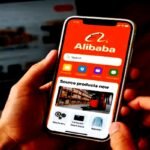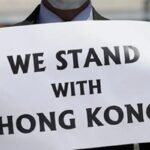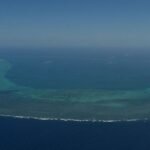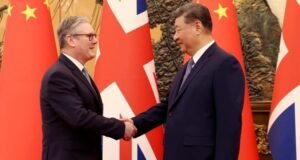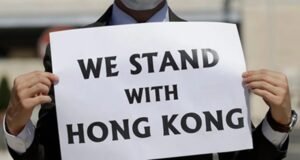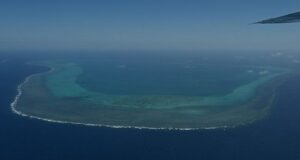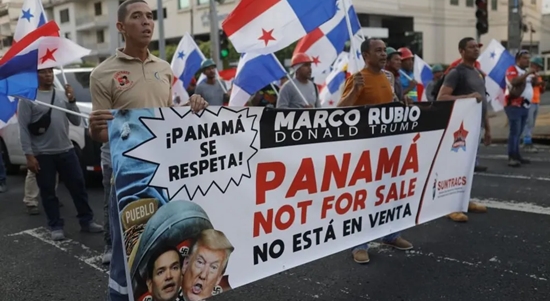
Get cracking on curbing Chinese influence in the region of the Panama Canal if you don’t want the United States to get directly involved is Secretary of State Marco Rubio’s message to Panamanian leaders (NPR, February 2, 2025).
On Sunday, Rubio spoke with Panamanian President José Raúl Mulino and Foreign Minister Javier Martínez-Acha. He told them that President Trump “has made a preliminary determination that the current position of influence and control of the Chinese Communist Party over the Panama Canal area is a threat to the canal,” according to a State Department summary of their discussion, adding that China’s presence in the canal area breaches a treaty signed by the U.S. and Panama in 1977 ensuring the canal would be neutral and open to all nations.
“Secretary Rubio made clear that this status quo is unacceptable and that absent immediate changes, it would require the United States to take measures necessary to protect its rights under the Treaty,” State Department spokesperson Tammy Bruce said in a statement.
Speaking to reporters, Mulino said his talks with Rubio were “respectful” and “positive” and said he did not “feel like there’s a real threat against the treaty and its validity,” The Associated Press reported.
Trump and Rubio don’t think that their threats are a threat against the treaty and its validity either.
A couple of weeks ago, in response to President Trump’s inaugural address, Mulino had asserted that there was “no presence of any nation in the world that interferes with our administration.” Also that Panama’s control of the canal “was not a concession from anyone. It was the result of generational struggles that culminated in 1999.”
Mulino is now promising not to renew Panama’s Belt and Road agreement with China. Fox News reports:
Panama’s president vowed Sunday to end a key development deal with China after meeting with Secretary of State Marco Rubio and after complaints from President Donald Trump that the Latin American country had ceded control over its critical shipping canal to Beijing.
José Raúl Mulino, Panama’s president, said his nation’s sovereignty over the 51-mile waterway, which connects the Pacific Ocean and the Caribbean Sea, will remain unchanged. But he said he would not renew a 2017 memorandum of understanding to join China’s Belt and Road global development initiative and that Panama would instead look to work more closely with the U.S.
“I think this visit opens the door to build new relations…and try to increase as much as possible U.S. investments in Panama,” Mulino told reporters after meeting with Rubio on his first international trip since being confirmed.
In 2017, Panama severed diplomatic relations with the Republic of China and established diplomatic relations with the People’s Republic of China. Panama then became the first Latin American country to join the PRC’s Belt and Road Initiative, “a trillion-dollar global infrastructure and investment initiative,” the BBC reports.
The Dominican Republic, El Salvador, Nicaragua, and Honduras followed suit and also severed ties with Taipei in favour of Beijing.
China has slowly expanded its soft power by opening its first Confucius Institute in [Panama] and providing a grant to build a railway. Chinese companies have also sponsored “media training” for Panamanian journalists.
Mulino is speaking as if he thinks that pledging not to renew its Belt and Road agreement with China will more or less suffice to satisfy the Trump administration.
Meanwhile, U.S. Representative Dusty Johnson has introduced a bill, the Panama Repurchase Act, to repurchase the canal.
“China’s interest in and presence around the canal is a cause for concern,” Johnson says. “America must project strength abroad. Owning and operating the Panama Canal might be an important step towards a stronger America and a more secure globe.”
